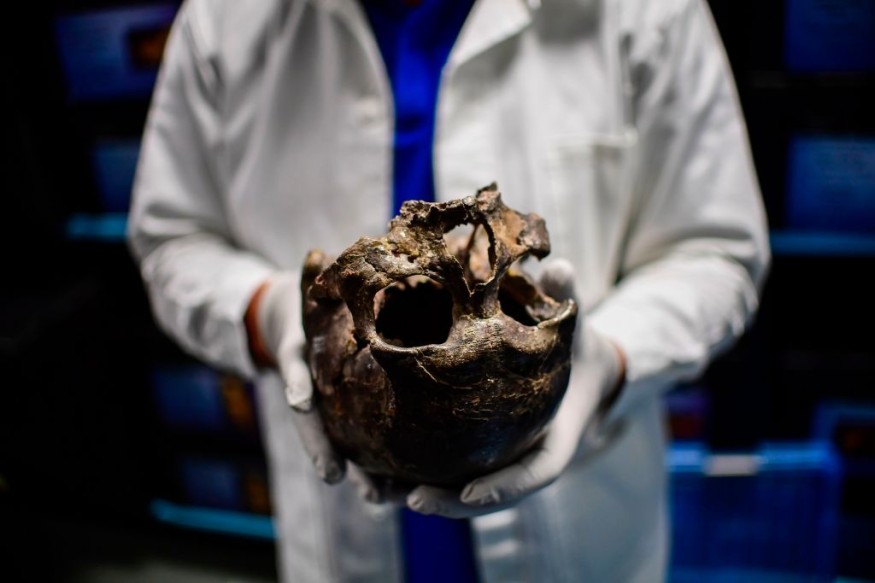
Just before the Roman empire sank, Europe stirred. Belief systems from far and wide - the Huns, the Goths, the Vandals - savagely imprinted their titles into historical past prior to actually getting smashed by flavoursome ripples of intruders.
Among them is the less notorious lineages with much enigmatic roots. For example, consider the Avars, a fearsome horseback warrior race.
Avar: Descendants of a Central Asian Culture Migration
In approximately 567 or 568 CE, a swarm of mounted combatants appeared from the east, driving away the different Germanic populations from the Carpathian region in southeast part of Europe, as per ScienceAlert news update. They lived there for over four centuries until succumbing to the Franks at the conclusion of the eighth era.
In an official post CELL claimed that an innovative genetic studies of the remnants of 66 participants revealed from a diversified propagation of Avar burial grounds presently discloses they were all in reality the forebears of a Central Asian society much further to the east, offering the first credible proof of a relocation that might have occurred in timely manner.
According to Gnecchi-Ruscone, other than their straightforward attachment to Northeast Asia as well as their probable provenance due to the fall of the Rouran Imperial power, researchers furthermore observe that the 7th-century Avar era rulers demonstrate 20% to 30% of increase in non-local lineage, controlling factors with the North Caucasus as well as the Western Asian Steppe, which might recommend even more relocation from the Steppe upon their emergence in the 6th century.
The DNA does not even go so deep as to connect ethnographic facts or offer a timeframe, however they do serve to corroborate a tale of a maintained aristocracy descending from a long-lost Mongolian khaganate half a globe apart.
Founded in the late 4th century, the ancient khaganate succumbed to competing tribes of Asian Turks only over a hundred years after, triggering the growth of Turkish supremacy in the east.
During this era, an Egyptian-born Byzantine anthropologist named Theophylact Simocatta hypothesized that these skilled soldiers may not be who they profess to be, and may be descended from ancestors far relatively close to homeland.
Only a decade and half following the alliance's demise, ambassadors from the Roman province of Byzantium noted that a population known as the Avars have already fled Turkish wars nearly a globe abroad, establishing in the Carpathian valley.
Guido Gnecchi-Ruscone, a biologist at the Max Planck Institute for the Theory of Human Origins, tells how his study discovered indications of based on culture variation amongst some of the intruders.
Also read : 99% of Global Population Breathes Poor-quality Air, Causing Millions of Preventable Deaths
Remains of 66 Individuals from Avar
Researchers asl noted that in reality, particularly today, the Pseudo-Avars, as it is more proper to call them, are separated in their origin, with some retaining the moment appellation of Var and others known as Chunni.
The Avars could establish their stance clear by launching a succession of insurgencies from across country, culminating in a combined invasion of the Byzantine capital of Constantinople.
However, it appears that once entrenched in their newfound location, the Avars proceeded to integrate fresh lineages into their network.
"Experts can now rebuild the quickest long-distance movement in recorded existence up to this moment.
The existing studies, when supplemented with traditional narratives, suggests that the Avars were born in the Rouran, the earliest alliance of primitive Mongol communities controlled by a khan.
Related article: China's Infected COVID-19 Cases Shoot Up to 13,000 with a New Omicron Subtype
© 2025 NatureWorldNews.com All rights reserved. Do not reproduce without permission.





